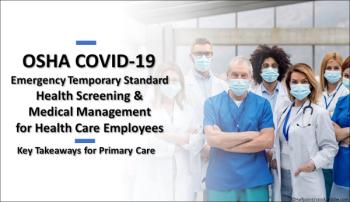
The OSHA Emergency Temporary Standard ensures health care employees the right to full protection from COVID-19 exposure, ongoing remuneration in case of illness, and immunity from retaliation.

The OSHA Emergency Temporary Standard ensures health care employees the right to full protection from COVID-19 exposure, ongoing remuneration in case of illness, and immunity from retaliation.

Assessment of prediabetes subphenotypes is a novel approach to better screening, prevention, and treatment for patients at risk of progression to T2D. Find out how much you know about it.

A new survey reveals Americans’ shifting views on the overall COVID-19 situation, the vaccination process, fears surrounding contracting the virus, and more.
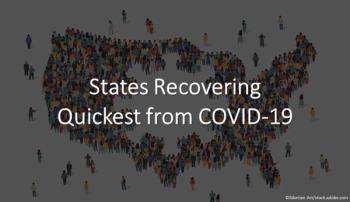
As the US gradually recovers from the COVID-19 pandemic, some states are progressing faster than others, according to a new survey. Review key rankings in our new slideshow.
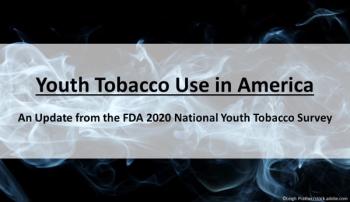
More US teens prefer menthol-flavored e-cigarettes, significant surge in use of disposable e-cigarettes, and additional findings from the 2020 National Youth Tobacco Survey, here.

CKD IQ Test Preview: When should you suspect kidney disease? What measure is used to define chronic kidney disease? What UACR test result indicates albuminuria? Good luck.

Truth: 67% of US unvaccinated adults believe or cannot judge the veracity of the 5 myths that follow. With more than half the population not fully vaccinated, there is more work to do.
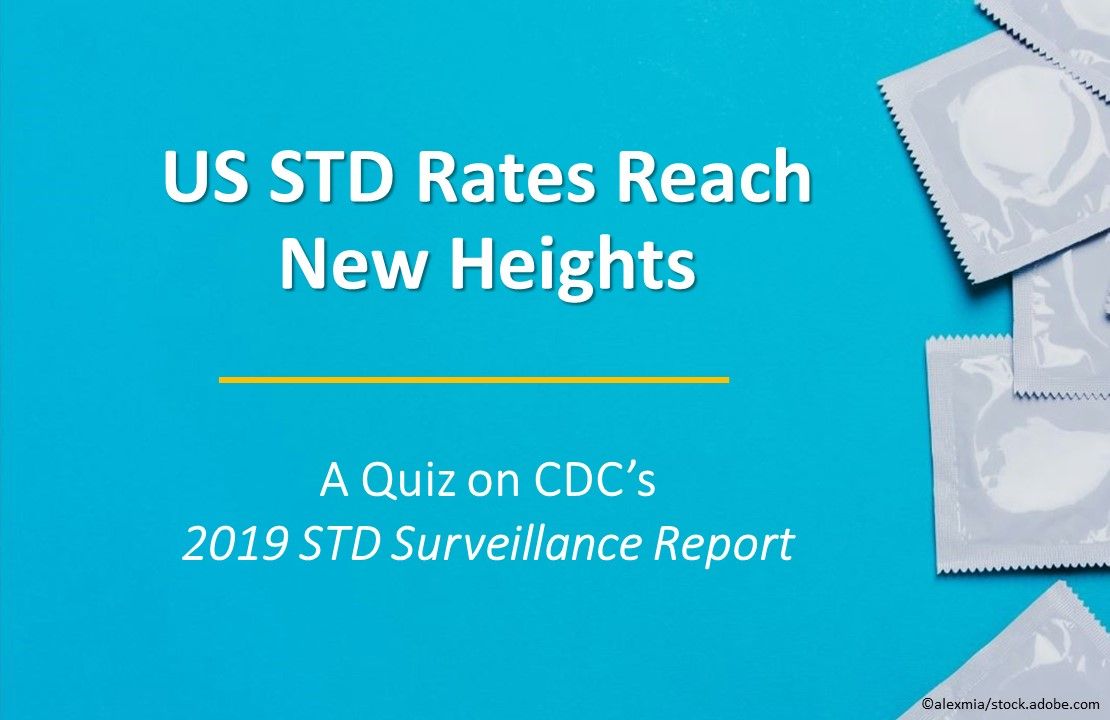.jpg?w=350&fit=crop&auto=format)
Rates of reported STD cases in the US have reached an all-time high, again. Are you caught up on the latest CDC numbers? Try your hand at these 7 questions to find out.

Holiday blues setting in? Get back in the pink with our slide show of chart bloopers, MD one-liners, and other quasi-clinical fun. Ho Ho Ho!

SAMPLE: Approximately what percentage of US adults plan to get a COVID-19 vaccine once one becomes available? And 8 more questions on the patient perspective.

Put some therapeutic comedy into your daily routine--study up with this slideshow of medical humor highlights from around the web.
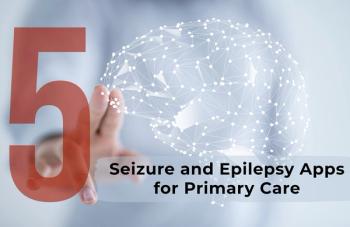
A first aid guide for caregivers, an app that allows patients to track epilepsy trends, and 3 more top epilepsy and seizure apps for primary care.
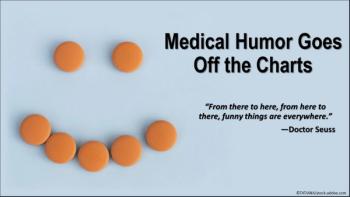
One-liners and bloopers and puns, oh my! Venture here into the mad and merry old Land of Osler, where laughter, the best medicine, reigns supreme.

Need an extra dose of fun to help ease into the week? Sit back and scroll through our slides for medical puns and bloopers that will tickle your funny bone.

A new survey from the National Foundation for Infectious Diseases found key insights into what Americans believe about flu, pneumococcal disease, and COVID-19.

Nearly two-thirds of physicians say the COVID-19 pandemic has made them feel more burned out.
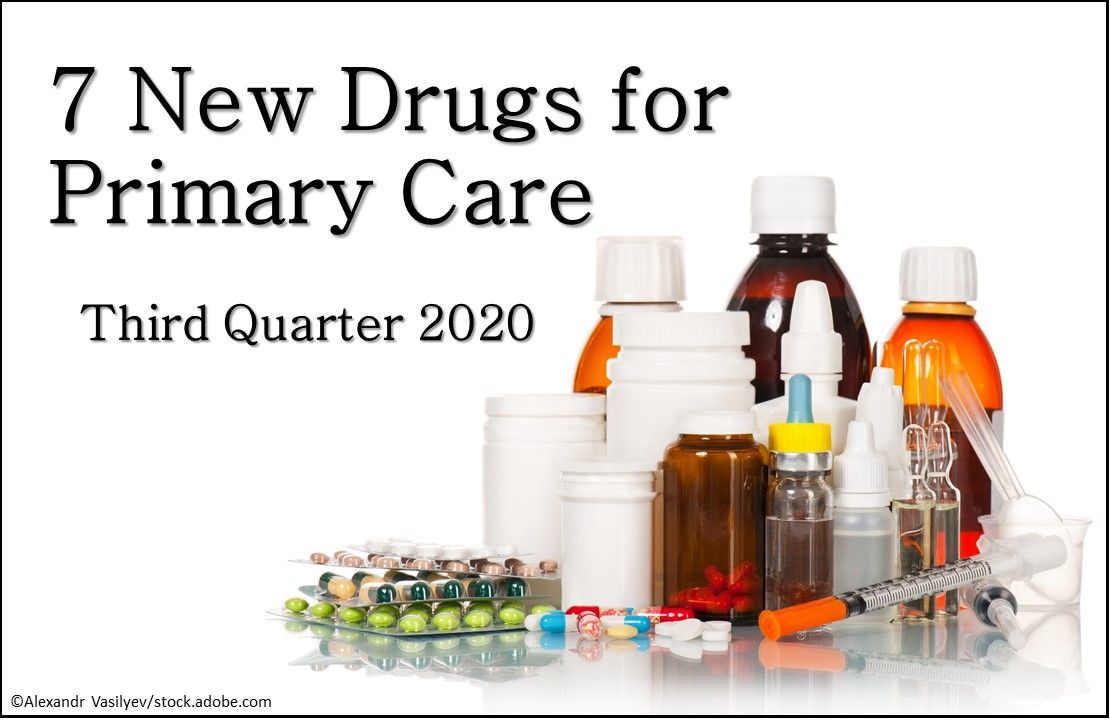.jpg?w=350&fit=crop&auto=format)
The end of another quarter means a new list of FDA-approved drugs for conditions treated in primary care. Are you up-to-date? Click through to find out.
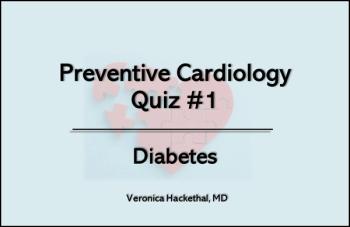
Diabetes is a primary risk factor for atherosclerotic cardiovascular disease. Find out how well you know the guideline recommendations for reducing that risk with the first of 4 quizzes.

The FDA has issued guidance for sponsors of requests for EUA for COVID-19 vaccines including details on clinical trial data required to support award of EUA.

Behçet disease has been found to co-occur with a variety of other conditions. Click through 8 concise reviews of the evidence in this slide show.